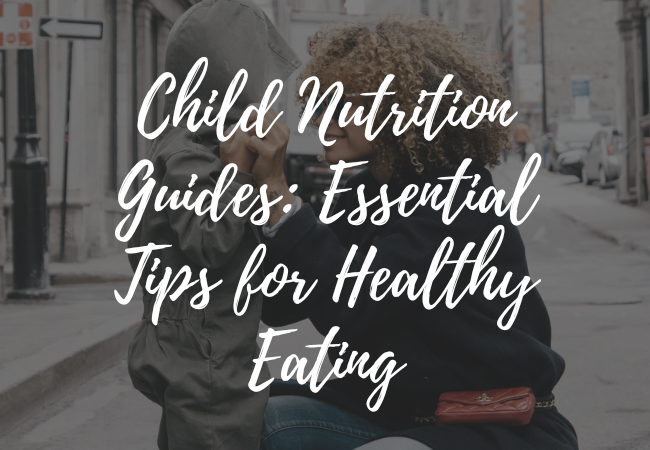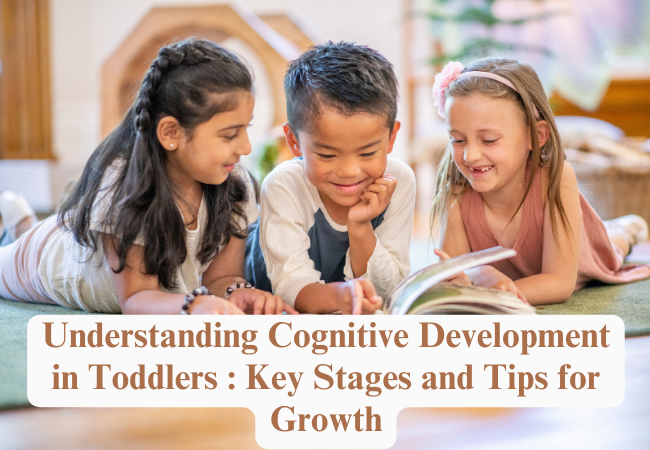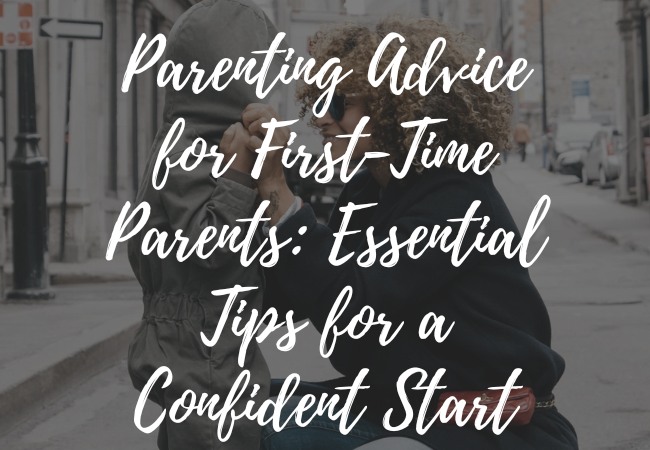Child Nutrition Guides: Essential Tips for Healthy Eating
Explore comprehensive child nutrition guides. Learn essential tips for healthy eating, balanced diets and ensuring your child’s nutritional needs are met for optimal growth and development.
Ensuring your child nutrition gets proper is crucial for their growth, development and overall health. But with so much information out there, it can be overwhelming to know where to start. This guide will provide you with essential tips and information to help your child develop healthy eating habits that will last a lifetime.
Why Child Nutrition Matters

Before we dive into the tips, let’s understand why child nutrition is so important:
- Supports physical growth and development
- Enhances cognitive function and learning abilities
- Boosts immune system and overall health
- Establishes lifelong healthy eating habits
- Helps maintain a healthy weight
Now, let’s explore some essential tips for healthy eating.
1. Provide a Balanced Diet
A balanced diet is key to meeting your child’s nutritional needs. Here’s what to include:
Fruits and Vegetables
- Aim for a variety of colors
- Include at least one fruit or vegetable at each meal
- Make them easily accessible for snacks
Whole Grains
- Choose whole grain bread, pasta and cereals
- Incorporate quinoa, brown rice and oats into meals
Lean Proteins
- Include lean meats, fish, eggs and legumes
- Offer plant-based proteins like tofu and beans
Dairy or Dairy Alternatives
- Provide low-fat milk, yogurt, or fortified plant-based alternatives
Healthy Fats
- Include sources like avocados, nuts and olive oil
2. Establish Regular Meal and Snack Times
Creating a routine helps regulate hunger and provides structure. Try to:
- Offer 3 main meals and 2-3 snacks per day
- Keep meal times consistent
- Avoid grazing throughout the day
3. Make Water the Drink of Choice
Staying hydrated is crucial for overall health. To encourage water consumption:
- Always have water readily available
- Limit sugary drinks and juices
- Make water fun with fruit infusions or fun cups
4. Involve Kids in Meal Planning and Preparation
Getting children involved in food-related activities can increase their interest in healthy eating:
- Let them help choose fruits and vegetables at the store
- Involve them in age-appropriate cooking tasks
- Encourage them to set the table
5. Be a Role Model
Children often mimic their parents’ behaviors, including eating habits:
- Eat a variety of healthy foods yourself
- Try new foods together as a family
- Avoid negative talk about foods or body image
6. Don’t Use Food as a Reward or Punishment
Using food as a reward or punishment can lead to unhealthy relationships with food:
- Find non-food ways to celebrate or comfort
- Avoid forcing children to clean their plate
- Don’t withhold food as punishment
7. Make Mealtimes Pleasant
Creating a positive atmosphere around meals can encourage healthy eating:
- Eat together as a family when possible
- Keep conversations positive
- Turn off screens during meals
8. Introduce New Foods Gradually
It can take multiple exposures for a child to accept a new food:
- Offer new foods alongside familiar ones
- Be patient and keep trying
- Lead by example by trying new foods yourself
9. Understand Portion Sizes
Appropriate portion sizes vary by age. As a general guide:
- Use smaller plates for younger children
- Let children serve themselves when appropriate
- Teach them to listen to their hunger and fullness cues
10. Consider Supplements Wisely
While a balanced diet should provide most nutrients, some children may need supplements:
- Consult with a pediatrician before starting any supplements
- Common supplements for children include Vitamin D and iron
- Remember, supplements don’t replace a healthy diet
Addressing Common Nutrition Challenges
Even with these tips, you might face some challenges. Here are some common issues and how to address them:
Picky Eating
- Continue offering a variety of foods
- Involve children in food preparation
- Make food fun with creative presentations
Overeating
- Teach mindful eating habits
- Offer balanced meals and snacks
- Avoid using food as comfort or reward
Underweight Children
- Offer nutrient-dense foods
- Include healthy fats in meals
- Consult a pediatrician if concerned
Food Allergies or Intolerances
- Work with a healthcare provider to ensure nutritional needs are met
- Learn about safe alternatives
- Teach children about their allergies and how to advocate for themselves
Conclusion
Providing proper nutrition for your child doesn’t have to be complicated. By following these guidelines and tips, you can help your child develop healthy eating habits that will benefit them for life. Remember, every child is unique, and it’s okay to adjust these recommendations based on your child’s individual needs and preferences.
Always consult with your pediatrician or a registered dietitian if you have specific concerns about your child’s nutrition. They can provide personalized advice and ensure your child is getting all the nutrients they need for optimal growth and development.
Learn more about child nutrition guidelines from the American Academy of Pediatrics
Explore kid-friendly recipes and meal ideas
Remember, fostering a positive relationship with food and creating a supportive environment around meals is just as important as the food itself. Happy, healthy eating to you and your family!
For more information and guide, visit usaparentingtips.com






